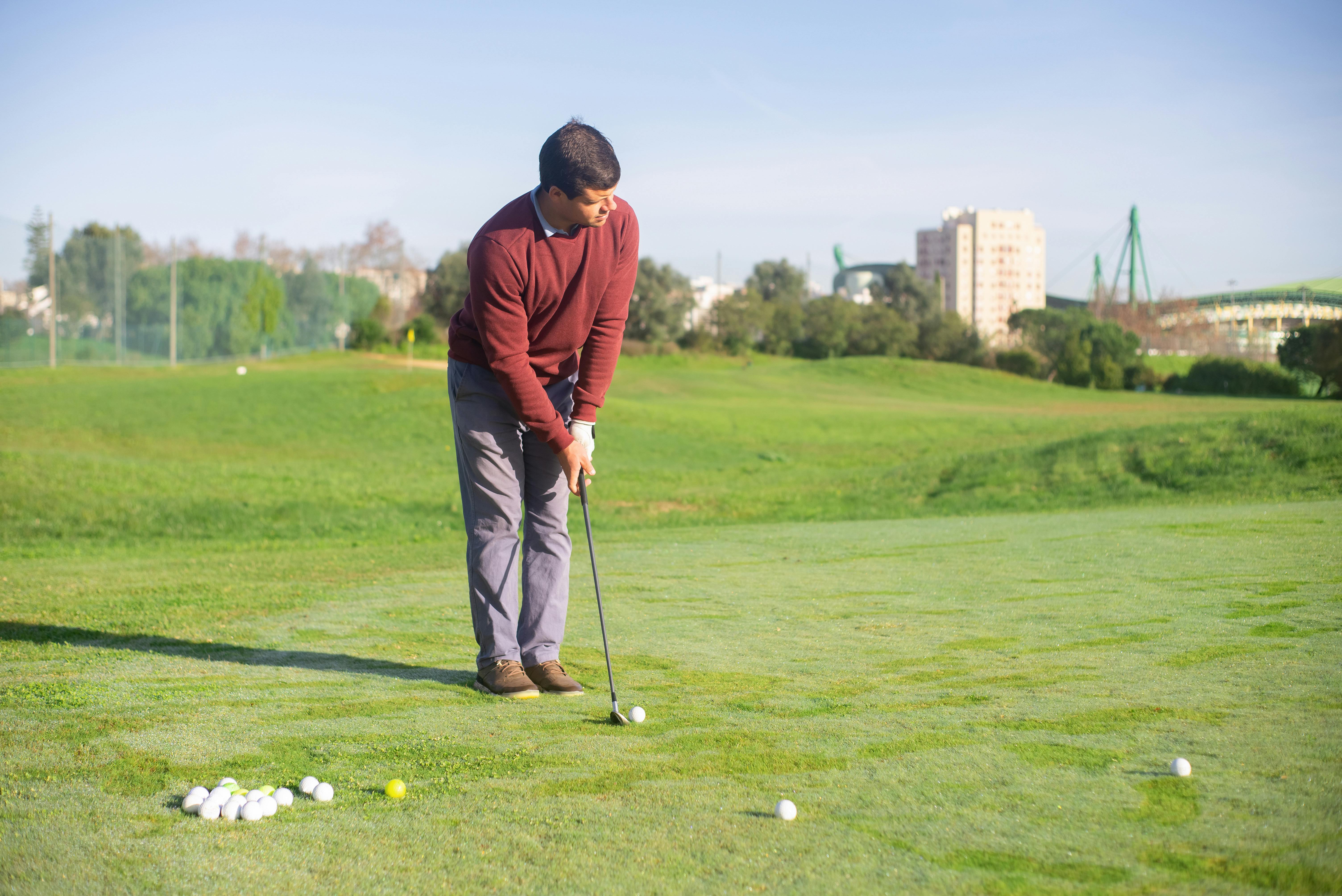Preparing your sand equipment
How many times has a teammate been out of line of sight of a heal only to die in the very second the cast is finally removed? How many times does the healer rage before someone helps him? These are some of the prime examples of the greatest barrier to success in the World of Warcraft arenas … Communication!
There are some key elements to being competitive in areas that you may not have considered within the communication domain yet.
Voice communication: less is more
Communication is the number one key to success in the arenas, the other team can overcome it to a great extent and if you are well coordinated and play with your characters in a complementary way, you can still be successful. You can also have a really awesome single player, but if he doesn’t cooperate with the team then he’s not a good arena partner. So just because someone is awesome in a duel doesn’t automatically make them an elite arena player.
Players must learn what is important to communicate via voice communications, too much can cause panic and confusion, while talking too little will leave players in the dark about what is happening. Practice is what will make your team good at this. While gathering the equipment for the arenas, you must take your arena team to the battlefields and fight as you are outnumbered and learn to help each other. Also, step into the arena and form a team where you don’t care about qualification and use it to earn points each week while trying different things.
For communication, you will want to choose a person who is the calmest and in control to lead every battle, that does not mean that they are the only one speaking. It just means that person will call DPS switches or when to use multiple crowd control effects to help kill a player. They will also announce changes to strategy if necessary during battle.
The only rule about communication is to never blame a team member, if you think a team member could have done something that would have helped your team better, that’s fine. Also remember that everyone should be able to handle constructive criticism, and that listening to the opinions of others only makes your team better in the end. So have a little thick skin, but remember not to create a hostile atmosphere with your team by blaming and even insulting.
You will see that once your team figures out how to communicate efficiently, your rating will increase significantly and the games will be much more enjoyable for your entire team.
Before entering each arena game, you need to devise a strategy for each of the different types of equipment that you will encounter. For example, you should have a different strategy for heavy pitcher teas, heavy healing teams, heavy melee teams, well-balanced teams, or all / high DPS teams. Each of these teams will require a slightly different strategy from your team as a whole. One time may require more healing or crowd control, while another time may free your healers to burn mana or crowd control as well.
It’s important for your team to talk about what they plan to do before even joining a game. Once in the match, you can watch the other team take a quick second to talk about what you would like to do against this team.
Before entering the match, you need to establish who will attend your main assist for all DPS, so that if you decide to call for a change of objectives, everyone knows who to follow. Also, everyone can set macros to help that person when they are changing targets to crowd control or heal.
Be adaptable
If your strategy doesn’t work, don’t keep banging your head against the wall. Change it while in the arena, call in a target change for DPS, or request more crowd control. Change crowd control from DPS to healers, these are all things that are very easy to change during the course of battle.
Talk about it later
Even if you win an extremely easy game, you should always evaluate each match. Talk about what went well and what you think you should continue to do. Talk about some things that you might have been lucky, that could come back to affect you later. Also remember to talk about what went wrong and what could have been done better individually and as a whole.
If you take these ideas seriously and actually execute them while playing competitive arenas, you are sure to see your record rise and your rating increased.
